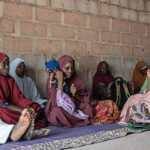
In Nigeria, getting a safe abortion is already an uphill battle. But for women with disabilities, it can be nearly impossible. With support from the Ipas Collaborative Fund, the locally based SAIF Advocacy Foundation is paving the way to ensure that everyone, regardless of ability, can access the quality abortion care they have a right to.
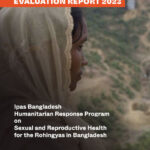
This evaluation report details the 2022 performance evaluation of the “Humanitarian Response Program” implemented in the Rohingya refugee camps in Cox’s Bazar, Bangladesh by Ipas. The evaluation assessed facility readiness and capacity of the service providers to provide comprehensive menstrual regulation (MR), post abortion care (PAC), contraceptive services and trauma/survival centered care. This evaluation also documents relevant challenges and barriers faced during program implementation and provides recommendations for the program’s sustainability and future
scale-up.
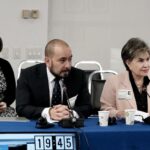

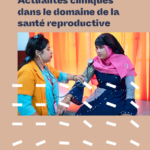
Actualités cliniques dans le domaine de la santé reproductive vise à permettre aux membres du personnel d’Ipas, aux formateurs, à nos partenaires et aux autres professionnels de santé d’avoir accès aux recommandations basées sur des éléments factuels les plus récentes.
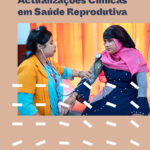
As Actualizações clínicas em saúde reprodutiva foram concebidas para fornecer ao pessoal do Ipas, formadores, parceiros e outros provedores de serviços de saúde acesso a recomendações actualizadas e baseadas na evidência. Em geral, as recomendações são as mesmas que aquelas na edição de 2012 do guia da Organização Mundial da Saúde titulado Abortamento seguro: orientação técnica e de políticas para sistemas de saúde, Segunda edição. Em casos excepcionais, as recomendações foram modificadas de acordo com os contextos em que trabalhamos. Além disso, se houver evidência mais actualizada para informar as recomendações, estas serão actualizadas aqui.
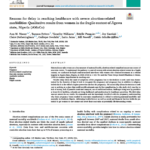
This article describes the pathways to care for women with severe abortion-related near miss events in a fragile context.
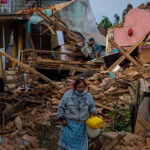
In the wake of a destructive 6.4 magnitude earthquake in western Nepal in November, pregnant women and new mothers are struggling for survival without proper shelter and health care. Knowing that essential reproductive health care is often impossible to access in crisis settings, Ipas Nepal is rolling out a multifaceted response.

